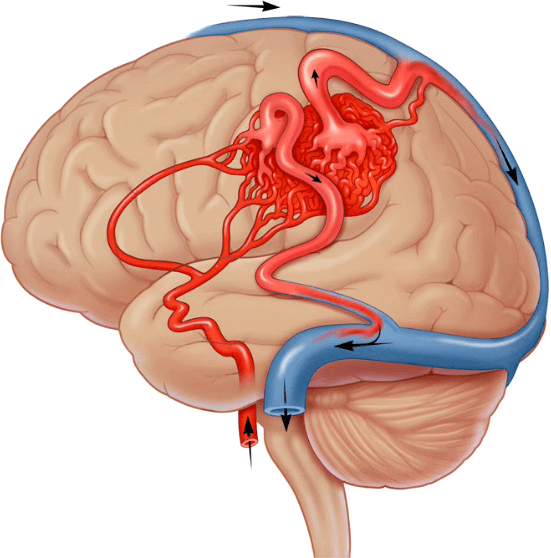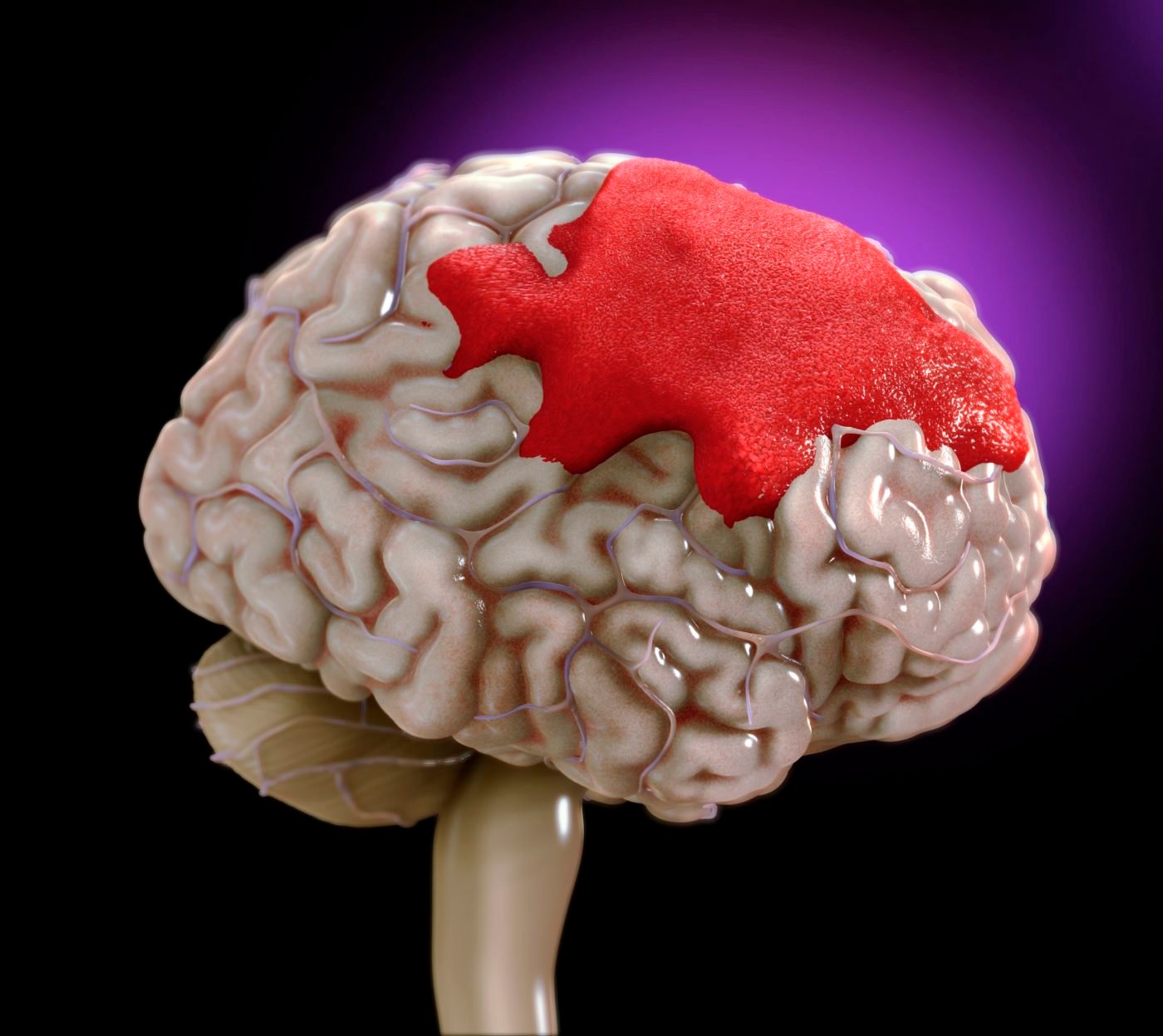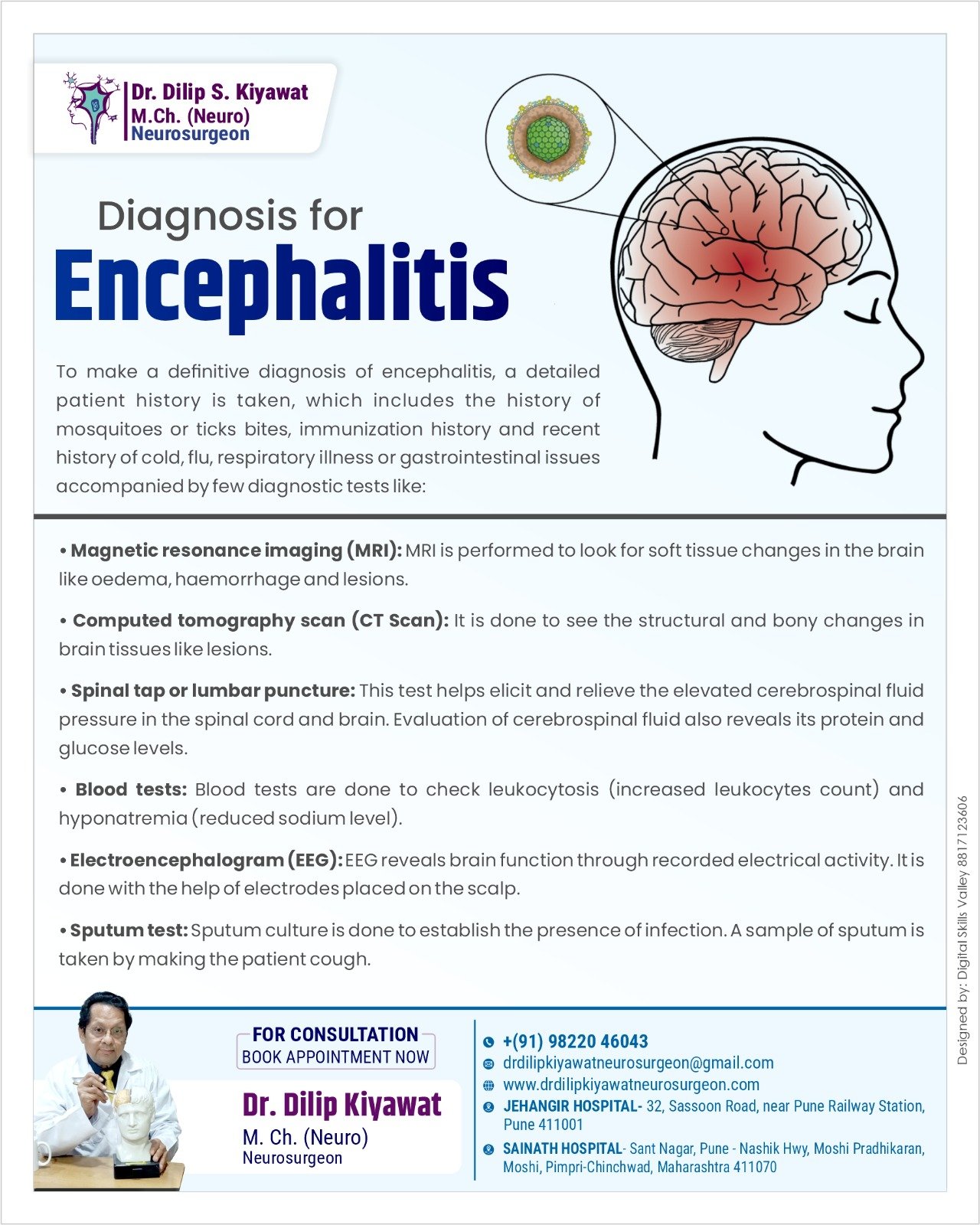Introduction:
Encephalitis, though a frightening word, is a condition that many people don’t fully understand. It’s important to know that while encephalitis can be serious, there are ways to cope and seek help if needed. In this blog, we’ll delve into what encephalitis is, its symptoms, treatment options, and how you can navigate through if you or someone you know is affected.
What is Encephalitis?
Encephalitis is inflammation of the brain, typically caused by a viral infection. This inflammation can lead to a range of symptoms, from mild flu-like symptoms to more severe neurological issues. While anyone can develop encephalitis, certain factors may increase the risk, including age, weakened immune system, and exposure to certain viruses or diseases.
Signs and Symptoms:
Fever: Often the first sign of encephalitis, fever may be accompanied by headaches and body aches.
Confusion or Altered Mental Status: Encephalitis can affect cognitive function, leading to confusion, disorientation, or even coma in severe cases.
Seizures: Seizures are a common symptom of encephalitis, particularly in children.
Sensory Changes: Encephalitis may cause sensory changes, such as sensitivity to light or sound, or loss of sensation.
Behavioral Changes: Encephalitis can cause irritability, mood swings, or other changes in behavior.
Seeking Help and Treatment:
If you or someone you know experiences symptoms of encephalitis, it’s essential to seek medical help promptly. Early diagnosis and treatment can improve outcomes and reduce the risk of complications. Diagnosis typically involves a combination of medical history, physical examination, and diagnostic tests, such as blood tests, imaging studies, or spinal tap.
Treatment for encephalitis may vary depending on the underlying cause and severity of symptoms. In many cases, supportive care, including rest, hydration, and management of symptoms, is essential. Antiviral medications may be prescribed for viral encephalitis, while anti-inflammatory drugs or immunosuppressants may be used to reduce inflammation and manage symptoms.
Coping and Support:
Coping with encephalitis can be challenging, both for the affected individual and their loved ones. It’s essential to prioritize self-care, including getting enough rest, eating a healthy diet, and seeking support from friends, family, or mental health professionals if needed. Joining support groups or connecting with others who have experienced encephalitis can also provide valuable support and reassurance.
Conclusion:
Encephalitis can be a frightening and challenging condition to navigate, but it’s essential to remember that help and support are available. By understanding the signs and symptoms of encephalitis, seeking prompt medical attention, and prioritizing self-care and support, you can better cope with this condition and work towards recovery. If you have any concerns about encephalitis or experience concerning symptoms, don’t hesitate to reach out to your healthcare provider for evaluation and guidance.








